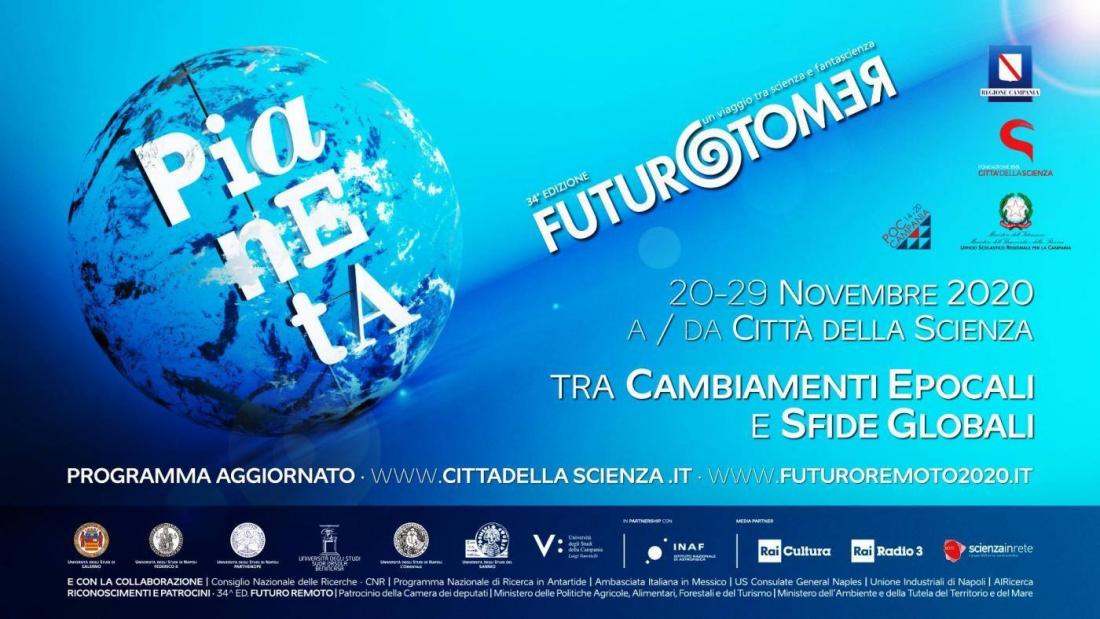Le projet COMMON au Festival environnemental "Futuro Remoto"

Ce contenu est disponible uniquement en anglais.
The COMMON project participated in the event "Mediterranean and pollution: what happens to plastic?" in an online formula, within the XXXIV edition of “Futuro Remoto: Pianeta - Tra cambiamenti epocali e sfide globali”, ongoing until November 29th. The event, organized by the University of Campania with the Higher Institute of Biotechnologies of Monastir (ISBM), saw the participation of Mohammed Banni, Professor of Toxicology at the ISBM and partner of the COMMON project, funded by the European Union in within the ENI CBC Med Programme.
In the mini-workshop, the ISBM researchers showed some methods of detecting plastic debris in fish stomachs and mussels and explained the processes of sedimentation and digestion of plastic in animal tissues. The dispersion of plastic particles is an important ecological and social problem around the world, which threatens aquatic ecosystems more specifically. Microplastics (MP <5mm) and nanoplastics (NP ≤ 100nm) enter the environment through the disintegration of synthetic polymer products, such as cosmetics, raw materials and industrial effluents, or by the long-term decomposition of plastic debris in the environment through abiotic (for example, thermal, hydrolytic or UV light irradiation) and biotic (for example, bacterial degradation) pathways. However, to date, their identification and quantification in the environment has not been fully achieved due to the lack of standardized methods. According to recent estimates, due to their stability and high durability, their presence in ecosystems is expected to increase and pose an environmental threat at every level of the food chain.
Sergio Minucci, University of Campania Luigi Vanvitelli, CTS of Città della Scienza, introduced the event, moderated by Michaela Riccio, Idis Foundation – Città della Scienza
The 2020 edition of Futuro Remoto proposes a journey through the metamorphosis of our Planet due to climate change and major “planetary” events, such as the Covid19 pandemic. Explore these themes with exhibitions, workshops and demonstrations, events, meetings and shows that take place remotely through many innovative formats and with the involvement of thousands of researchers.
Find out more on the dedicated website







